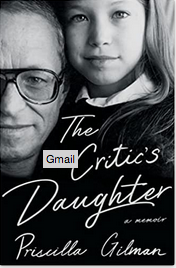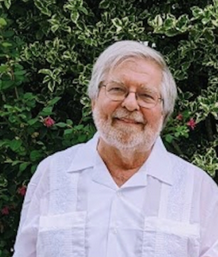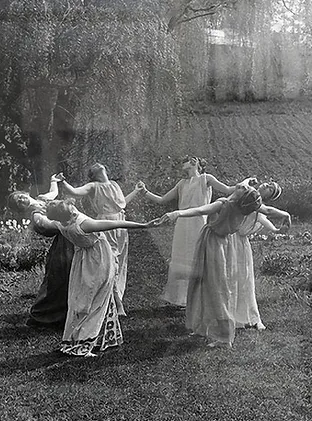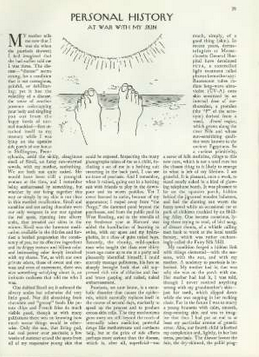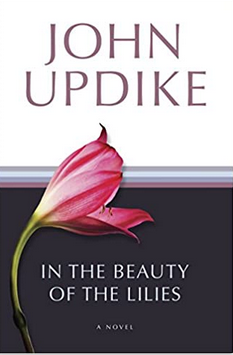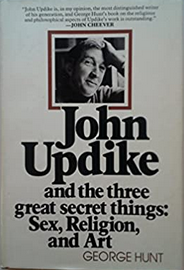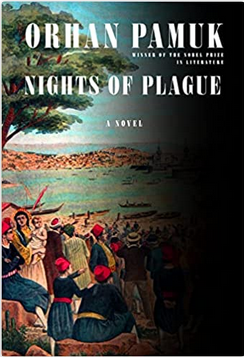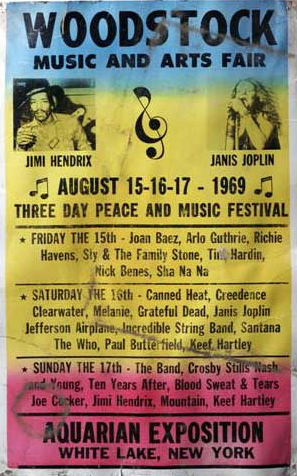James Plath, known in Updike circles as president of The John Updike Society and the editor of two volumes of Updike interviews, was named one of 11 Quarry Farm Fellows for 2023. He will receive $1000 and spend two weeks in the fall living alone at the main house at Quarry Farm, where he will conduct research and work on a comparative essay. As part of the process, every applicant needed a “sponsor,” and Donald J. Greiner, Carolina Distinguished Professor of English Emeritus a the University of South Carolina, wrote in support of Plath’s proposal.
Plath described the essence of his project for the Quarry Farm Fellows website: “In 2002, Updike wrote the foreword to the Hesperus Press publication of The Diary of Adam and Eve, and what he said about Twain reveals much about himself and a connection with Twain that has yet to be explored—not so much as a literary influence as it is a literary kinship, a connection with a past literary figure who modeled attitudes and behaviors that spoke to Updike generations later. Updike notes that Eve’s Diary ‘makes a bold foray into female sexuality,’ and Twain seems to have been an inspiration for Updike in trying to write about female sexuality, as the latter does to a much greater extent in so many of his novels.
“Twain also modeled a successful writer who could straddle the popular and literary worlds, who could ‘sin boldly’ in his unabashed writing, who could have it both ways and write for profit and for literary posterity, and who not only embraced but relished the role of writer as spokesperson for American literature, culture, and social behaviors. Just as Hemingway noted a generation earlier that Twain’s public persona was key to the promotion of his writing, Updike too became conscious of Updike the writer as being a ‘character’ he would play in the public sphere. Such is the widespread influence of Twain that has yet to be documented in Updike studies—something that will be rectified as a result of this Quarry Farm Fellowship.”
Quarry Farm, which overlooks Elmira, New York, was owned by Mark Twain’s sister-in-law, Susan Langdon Crane. Twain and his wife spent 20 summers living at Quarry Farm, where all three of their daughters were born and where he composed many of his books, including Adventures of Huckleberry Finn (1884). A year or so after Twain and Olivia’s first summer there, their hosts constructed a separate study built apart from the main house, allegedly so Twain would have a quiet place to write, but ostensibly because Mrs. Crane did not want him smoking cigars in his house while he worked.
“A smoke-free house is good,” joked Plath, who at one point was compiling a Conversations with Mark Twain volume for the University Press of Mississippi when another book of interviews rendered the project superfluous.
“I’m excited to work on this project partly because it feels like I’m taking up old business, and partly because the house isn’t open to the general public—only research fellows,” Plath said. “I love the idea of living and working where one of the great American writers lived and wrote.”

